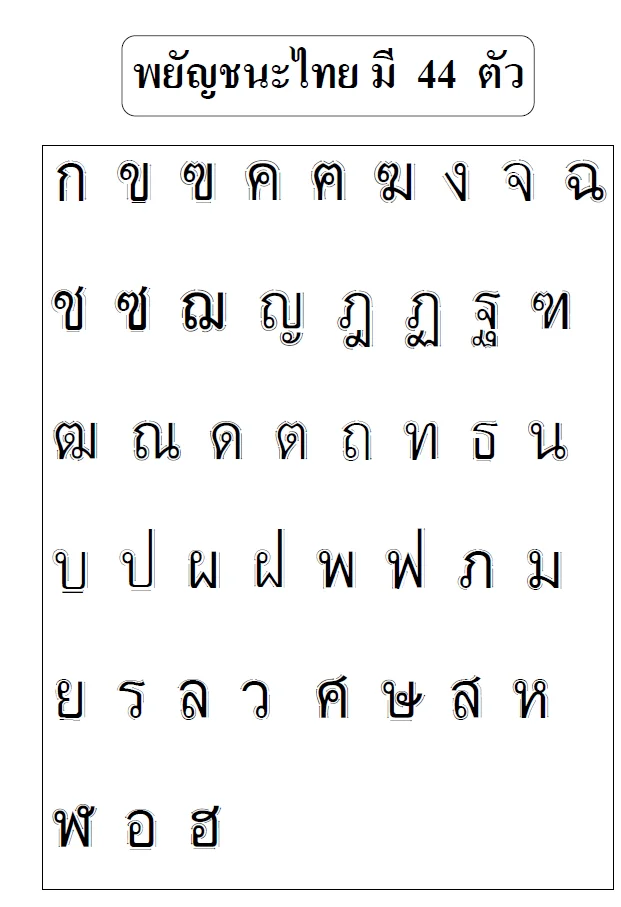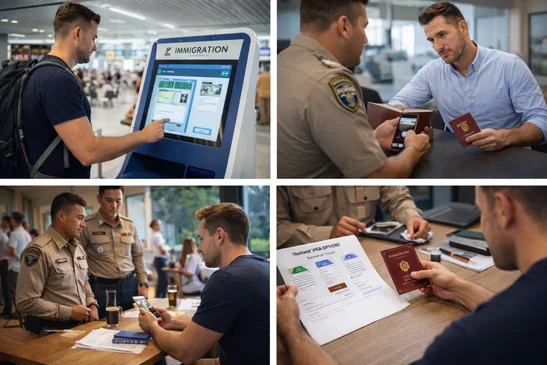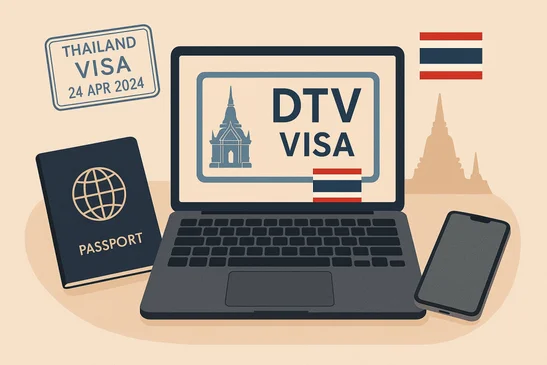Spoiler alert: it ain’t easy. There are a fortunate few who are gifted at picking up new languages whose struggles are less while learning Thai. However, for the majority of expats who aren’t familiar with Asian languages, it is a challenge to reach fluency. For most, the toughest aspect is the tones. It almost seems like you have to learn two languages at the same time as you must not only remember the word but the correct tone as well. If you are not aware already, a single word can have several meanings (sometimes completely opposite) depending on the associated tone.
There are nearly endless ways to begin the process like smartphone apps, YouTube videos, language dictionaries, online and in-person lessons, etc. While the preferred method of learning differs from person to person, learning how to read Thai is extremely helpful. Don’t be intimidated by the non-Latin script, it’s actually not that difficult as the Thai alphabet is phonetic. This means that the letters/symbols represent a specific sound in the spoken language just like Latin languages.

Thai alphabet Cr: www.ebooksdownloadfree.net
Learning to read Thai has obvious advantages like being able to decipher the writing that surrounds you everywhere in the country you live. On the other hand, when you know the Thai alphabet, and the tonal markings, and start learning some of the irregularities, it provides a much better foundation for learning vocabulary and grammar. Oftentimes the pronunciation of certain words is difficult to understand and being able to clarify by spelling the word out can be immensely helpful.
Another thing to keep in mind on your journey in learning Thai is to be aware of formal versus casual words. It is common for Google Translate, a Thai-English dictionary, or even some language teachers to use the formal word or term for something. While that might be ok if you often find yourself in formal situations, for the majority of people the majority of the time it is conversational language that is appropriate. Using formal language out of context will sometimes elicit a friendly giggle from Thais.
While the same concept can be said about learning any language, it’s important to keep at it and practice as often as possible. Don’t be afraid to make mistakes and embarrass yourself. Lucky for you (and all of us expats who try to speak Thai), Thai people are aware of how difficult their language is to learn, and even stumbling through some basic conversation will give you some street cred. It is easy to get lazy in Phuket as many locals can at least speak a bit of English, but if you want to travel around Thailand, you’ll quickly discover that the concentration of English speakers diminishes quickly as you get away from tourist hotspots.
Another piece of advice is to start learning how to talk about the topic that is most near and dear to the heart of any Thai: food. There is nothing more universally loved amongst the people of this country. It is a very practical starting point as you will likely find yourself eating out often so there is ample opportunity to practice vocabulary. It also makes for a way to practice reading basic Thai, by reading the menu. Once you’ve learned a range of vocabulary you can move on to other words and phrases that are practical in this context. In short, it is a solid base to start working from



















